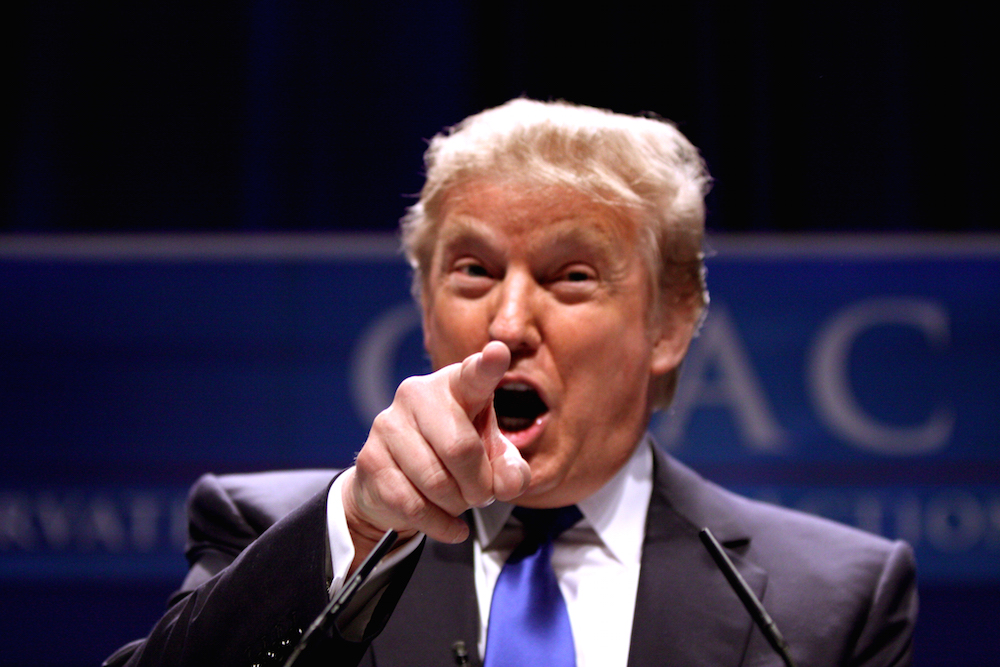One of the more common complaints about yesterday’s feature by Matt is that refusing to vote for a candidate in an election is nihilistic in a way that goes well beyond whatever nihilism one might see in Dod Crump. (This is henceforth how I will be referring to Donald Trump and Ted Cruz—feel free to join me if you are as sick of them as I am.)
The obvious problem with this argument is that it epitomizes the sort of prioritizing of the presidency above all else that was one of Matt’s main targets yesterday. One of Matt’s chief concerns in yesterday’s piece—and it’s been a concern of his (and mine) for some time—is that a church which subordinates the life of the church to the goal of political power is a church that will be incapable of using political power effectively. You cannot win a culture war without a culture and right now the most pressing problem facing orthodox Christians is the lack of a true Christian culture in many parts of our nation.
To go on arguing that we must continue supporting men who don’t seem to have any actual principles but will vaguely gesture in our direction to win our support because #religiousliberty is to make the very sort of argument Matt has been attempting to rebut for years. Indeed, it shows more clearly than anything else how evangelicals will subordinate the values most necessary to the life of a Christian culture in order to achieve political power.
Login to read more
Sign in or create a free account to access Subscriber-only content.
Topics:
